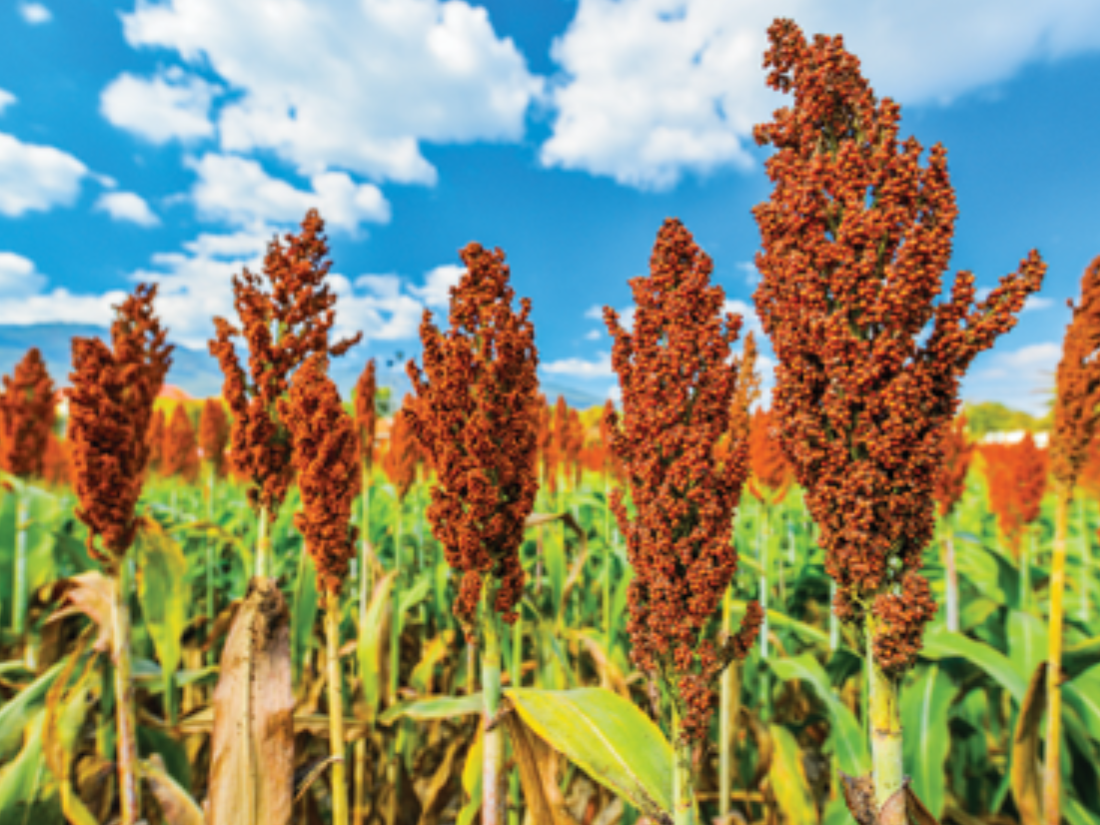
The following is an article excerpted from the book From the Ground Up – How the science of soils is creating a new and sustainable agriculture” by Deac Jones and edited by Roger Bloom and shared here with permission. The book is available for purchase on Amazon in Kindle and paperback formats.
Plants produce all kinds of chemical signals in response to their environment. These signals, both airborne and through the soil ecosystem, can be picked up by like plants or even eavesdropped on by other plants, especially when the plant is under attack by insects or diseases. While the majority of communication takes place in the soil, we all know the smell of fresh-cut grass releasing clouds of volatile chemicals. This communication is a survival mechanism that provides nearby plants a heads-up to beef up their anti-insect resistance or produce disease-fighting enzymes.
Researchers from the Swedish University of Agricultural Sciences have found that plants secrete chemicals into the soil, and other plants nearby use their roots to detect and “understand” the signals associated with particular chemical traces. The discovery is not only fascinating but also raises additional questions, like what plants might be saying to one another with these chemical signals. UC Cooperative Extension specialist Peggy Lemaux discovered that sorghum plants cope with drought conditions through their roots and adjoining microbial communities communicating in a chemical language that appears to improve the plants’ chances of surviving water stress.
The role of drought in restructuring the root microbiome was the first published discovery to come out of a drought research project underway since 2015 in the fields at UC Kearney Research and Extension Center in Parlier (CA).
“When a sorghum plant is subjected to drought, it starts sloughing off metabolites, nutrients and amino acids from the roots. The compounds appear to communicate to the neighboring microbial community that the plant is under stress,” Lemaux said. “That selects out a certain population of microbes. Certain types of microbes increase; others go away. When you add water back, the microbial community returns to its pre-drought population in just a few days.”
“The [selected] microbes appear to improve plant growth during drought,” Lemaux said. “Those microbes appear to be helping plants survive drought. We didn’t know that was happening before we got these results.”
We’ve known for a while that plants use fungi in the soil as the Earth’s internet for communication. The 19th-century German biologist Albert Bernard Frank coined the word “mycorrhiza” to describe these partnerships in which the fungus colonizes the roots of the plant. Fungal networks boost their host plants’ immune systems by triggering the production of defense-related chemicals. They also provide plants with extended access to nutrients and water.
With all this communication going on validating the vital roles of the microbial community, wouldn’t it make sense to make every effort to have robust, microbially active soils given these confirmed benefits?
Deac J. Jones grew up working on a ranch in Boise, Idaho, and attended college at Colorado State University in Fort Collins. After finishing graduate school at University of San Francisco, he worked in Southeast Asia for many years establishing sales and distribution channels for agricultural products, working for Connell Bros. Company, the overseas division of Wilbur-Ellis Company.
After returning from Asia, Mr. Jones worked in technology for several years before finding his place in the world again, in agriculture. Having worked with a real agriculture visionary in his career, Dr. James Erickson, the founder of Ecotech, LLC, Mr. Jones was looking for products that have real-world success in their application and do not threaten the health of agricultural workers or the environment in which they work. It was early 2008 and there was a developing groundswell for the application of more naturally derived products. Mr. Jones founded Andaman Ag Corporation, named after the Andaman Sea, an area of the world that he loves and spent years diving as a master diver.
The purpose of Andaman Ag was to bring together a host of naturally derived products that could complement each other in their applications — products that support healthy soils and the biological processes taking place in the plant world. Andaman Ag, like most companies putting forward new technology and new methodology, is about education more than anything else. The weekly newsletter that it produces to educate growers on the biological practices is the genesis of the book, From the Ground Up.
In October 2022, Emma Bryce of Anthropocene…
Nursery Crops and Mushrooms Lead the Way…
What does a vine root know, and…
Sustainability Now | Episode 049 | Biofermentation:…